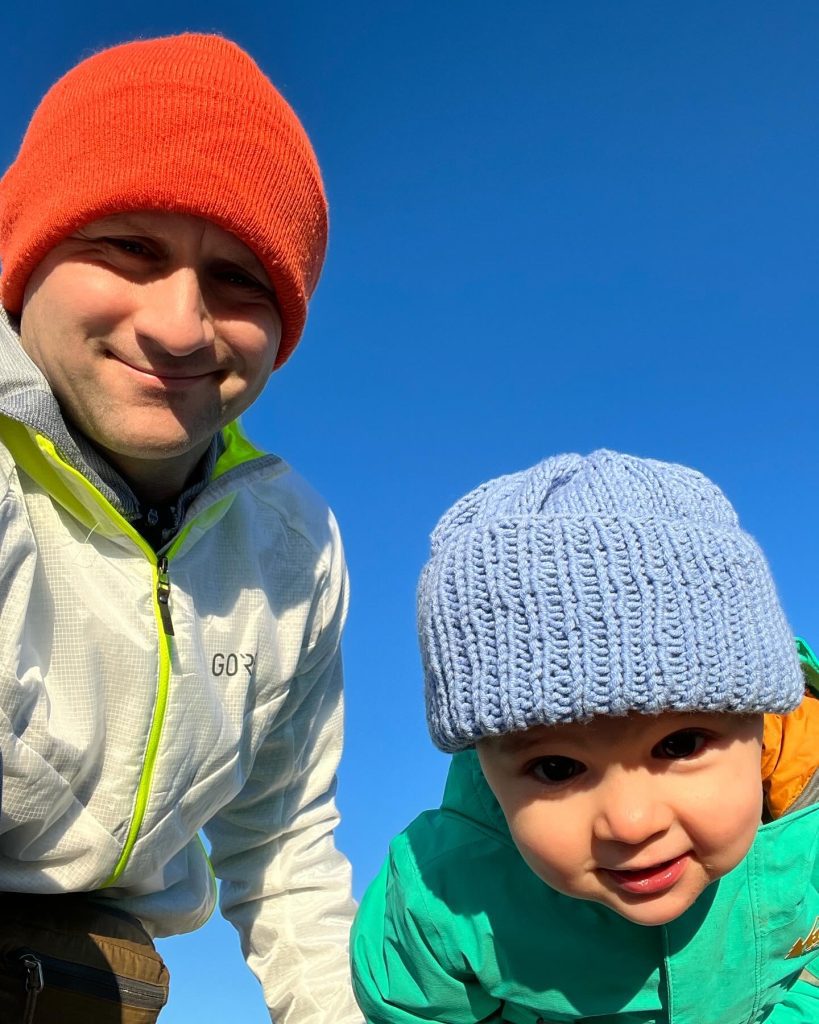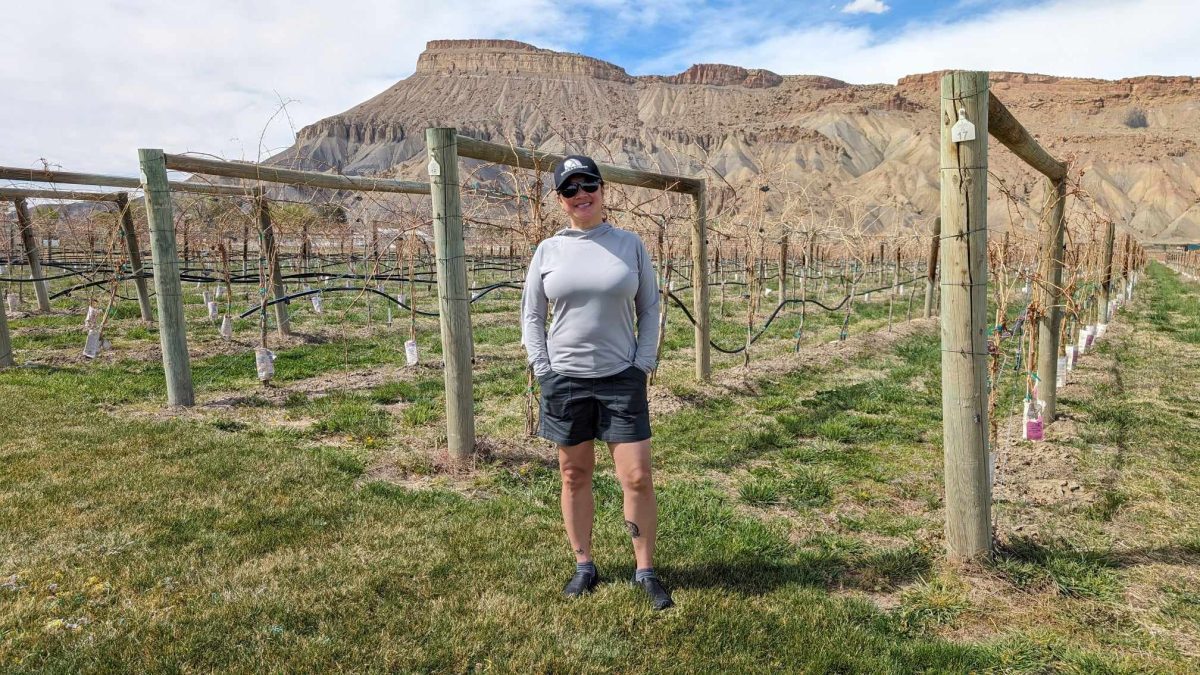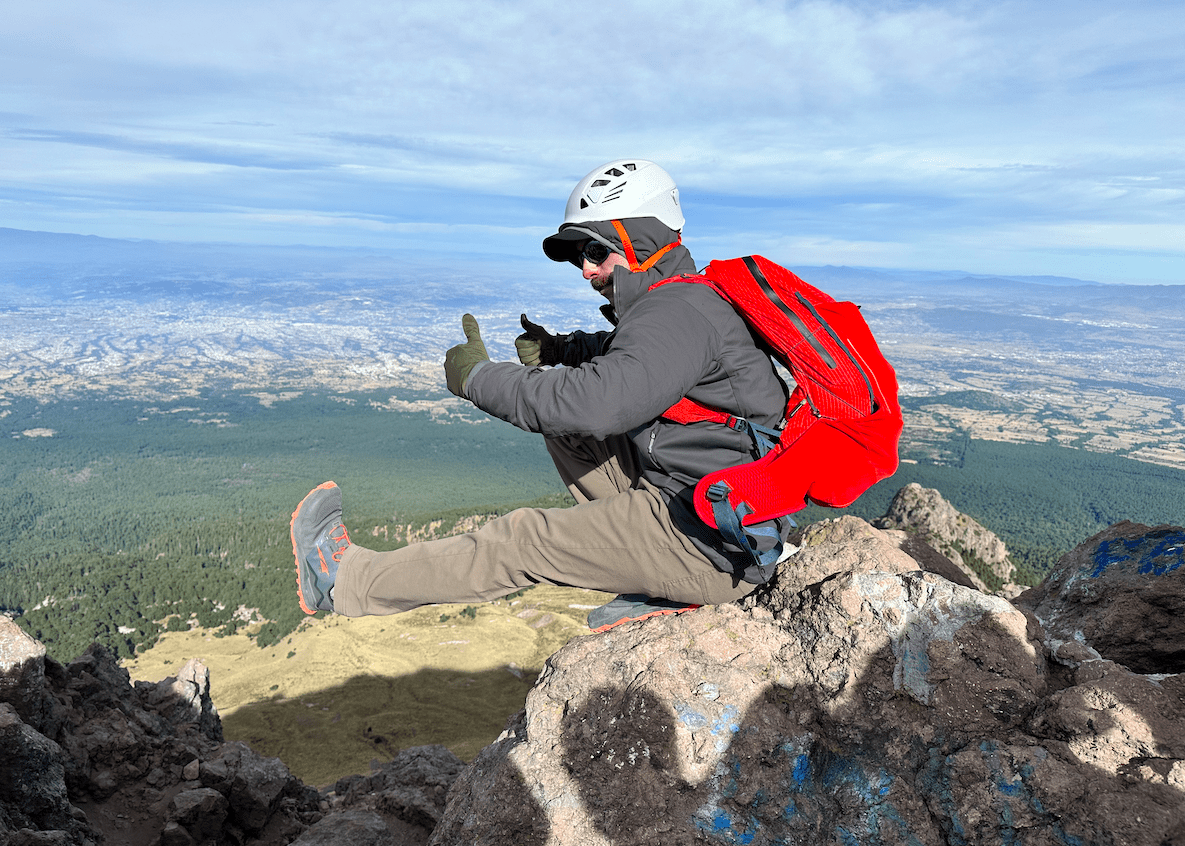Craig’s Reaction: The Incredible Story of Adaptive Climber Craig DeMartino
Ruptured lung. Broken back and neck. Amputation of one leg under the knee.
If you suffered near-fatal injuries in an accident doing a sport you love, would you return?
Against all odds, Colorado adaptive climber Craig DeMartino returned to climbing. The accident, he maintains, is simply “…What made him who he was supposed to be the entire time.”
Not only did he come back to the sport he loved, but through his work with Adaptive Adventures, became an advocate and guide for people who have experienced heavy trauma with lasting injuries. His goal? To demonstrate the healing power of physical activity to both body and mind.
Arc’teryx athlete DeMartino’s incredible comeback story is told in a new film, Craig’s Reaction, by BearCam Media.
Craig’s Reaction (2018) chronicles DeMartino’s 16-year journey since falling 110 feet while climbing Sundance Buttress- the most remote and largest cliff on Lumpy Ridge in Rocky Mountain National Park.
In the years following his accident, DeMartino found himself as the country’s leading adaptive climber, racking up some notable first including The First Amputee Ascent of Yosemite’s El Capitan in under 24 hours, Leader of the First All Disabled Ascent of El Capitan, Two-time National Adaptive Climbing Champion and Two-time Bronze Medal Winner in Adaptive World Championships.
His life on film
A 2018 official selection for Mountainfilm, Adventure Film Festival and Banff Mountain Film Festival, Craig’s Reaction is already being met with critical acclaim.
“It has been really great to see the film do well. When it won Most Inspiring Film at Adventure Film, it really hit me that folks love to hear a story about suffering turned positive,” DeMartino remarked.
Craig’s Reaction began as the idea of DeMartino’s athlete manager at Evolve Sports, who was familiar with the long process of recovery and thought his story of overcoming a horrific accident in a positive way was worth sharing.
After DeMartino got on board, they contacted Cam Maier with BearCam Media, who spent the next year following him and his family.
Said DeMartino, “I hope when people see it they get perspective into their own lives. We all have to deal with bad things, but those things can shape us into the humans that maybe we were meant to be.”
“Just because its a negative doesn’t mean it has to stay that way. I wouldn’t wish this type of accident on anyone, but I also wouldn’t change it for anything. It’s made me who I was supposed to be the whole time,” he added.
One of the highlights of the film is DeMartino’s return to El Capitan in Yosemite National Park- the first time climbing the wall post-accident. For this ascent, he chose to climb with his friend, Hans Florine (Florine and Alex Honnold had together set the speed record of climbing the Nose in 2012).
“I had climbed El Cap once before, with a sound body, and that’s actually why I wanted to climb it again. I was curious if I could with my new body. I went back with Hans (Florine) first and we did the First Amputee in a Day Ascent, then a year or two later, did the Nose in a day,” said DeMartino.
DeMartino attributes those benchmark events at El Cap to giving him the confidence and inspiration to try an all-disabled ascent- an accomplishment made in June 2012 with Pete Davis and Jarem Frye.

Restoring mental and physical health
A unique element to Craig’s Reaction is that DeMartino describes the process of negotiating injury and overcoming self-doubt.
“Trauma brings out the real you, every time,” he said candidly.
“Recovery is such a long, curving, confusing, rewarding, anger-filled and joyful road. I had days when all I wanted was that I wouldn’t wake up the next day. I would be in such a huge amount of pain, it feels like your body is being crushed and your mind can’t keep processing it.”
Part of his work at Adaptive Adventures requires empathy and understanding the mental trauma that takes place after serious accidents.
Unlike other comeback stories of injured athletes, DeMartino is quick to point out that his recovery (both physical and mental) did not happen overnight, nor did it take place over the course of several months. Rather, the recovery process and the milestones that he subsequently achieved, took years to reach.
“After the accident, the amount of injuries I had was so deep, I couldn’t really get my head around it. I wanted to climb, on some level, but at first, it was so hard and scary, I really thought it wouldn’t happen. That’s when I bottomed out, it was a huge part of who I was and I didn’t know who I would be without it. I felt very lost, without direction,” he explained.
DeMartino credits his wife Cyndy (also a climber) in helping to negotiate his way through the pain.
“After the amputation, I really took a long time to get my head around trying to do the thing that almost killed me. I was sure I would get hurt again and that’s the LAST thing I wanted.
“I needed to understand why I wanted to climb. My body was so shattered, I figured at best, I would be able to climb very small amounts,” he said.
Returning to climbing was not the driving force to DeMartino’s recovery, but it was always present in his mind.
“I would have a day, hour, or minute when I would move forward, and it would keep me psyched for days. The first time I sat up, walked, rode in a car, saw my kids, those are the things that move you forward.
“I would remember small things I liked and I would go back and try again. That process was repeated over several years until I could actually enjoy the process again. It made me appreciate the beauty in what it was, being outside, with my wife and kids, and enjoying the very simple process of moving upward over stone.”
Working with disabled athletes
DeMartino has worked as a climbing manager with Adaptive Adventures for three years, where he designs programs for veterans and civilians whose disabilities run the spectrum from PTSD to being bound to wheelchairs. Each client, he explained, presents a unique challenge in getting them active, climbing and safe.
“I think the biggest misconception is that a person with a disability CAN’T do a sport. Everyone is so different, and the whole idea is we adapt to do it. With a little thought, anyone can do anything in some form. It might not look like everyone else, but that’s the beauty in it,” DeMartino finished.
***
Don’t miss an opportunity to meet DeMartino and watch a screening of Craig’s Reaction Tuesday, December 4 at 6 PM at Earth Treks Golden. Hosted by Earth Treks Golden and Adaptive Adventures, the event is free.







Leave a Reply